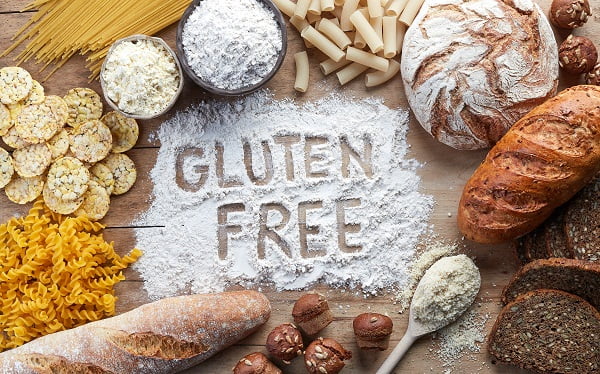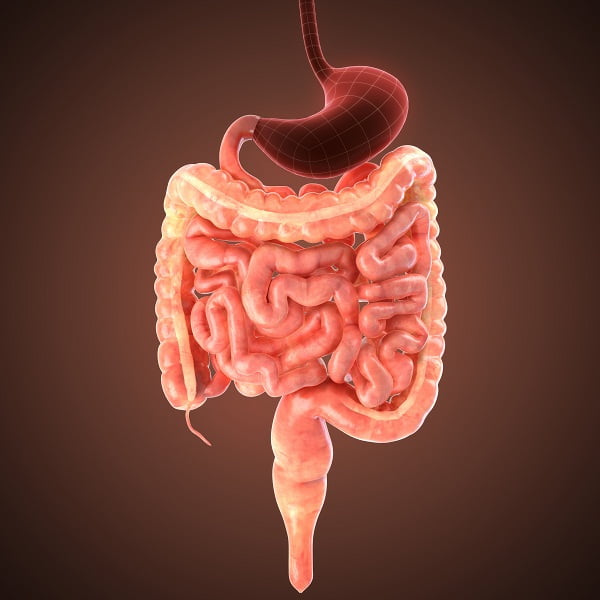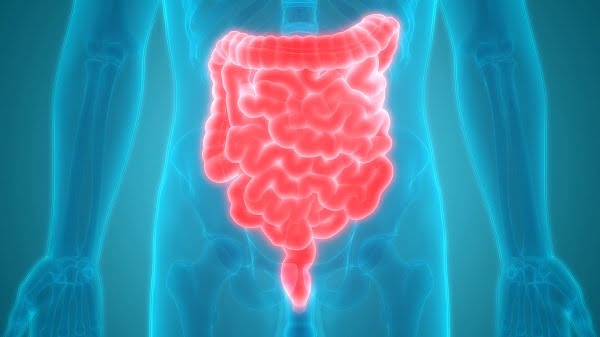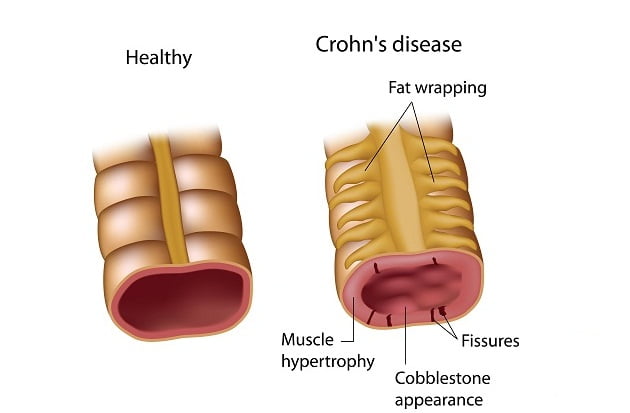Browsing: Digestive Health

The page provides quick access to a list of common gastro-intestinal tract diseases, syndromes, health conditions, and other topics of health importance. The list is organized alphabetically. Links are provided to respective diseases sections that serve as a comprehensive and ultimate guide about the disease or health condition.
Some people experience certain gastrointestinal (GI) symptoms on a regular basis, such as heartburn, indigestion/dyspepsia, bloating and constipation. These symptoms may occur due to various digestive problems. Depending upon the condition, the gastrointestinal disease (GI disease) may be acute or chronic. The best way to prevent occurrence of any such disease is exercising on a regular basis and have a healthy diet.
Healthcare professionals indicate such prevalent occurrence of gastric diseases throughout the world, across all age groups. This is due to improper diet, obesity, gastroenteritis, inflammatory bowel disease, various gastric cancers and ulcers. Some doctors believe that digestive disorders occur due to malabsorption disorders and lack of gastric microbiome in an individual.
Gastrointestinal disorders include conditions such as constipation, irritable bowel syndrome, diverticular diseases, colitis, piles, gall stones and colon cancer, which are extremely common. These lead to inefficient digestion and absorption of nutrients in the body, causing severe effects in growth and development of an individual. Constipation and irritable bowel syndrome (IBS) are two most widespread gastric diseases.
Constipation is a health condition that affects the digestive system of your body and is characterized by less frequent bowel movements, abdominal pain, bloating, and discomfort. If a person does not produce bowel movements for three days or more he might be constipated. In severe cases, constipation can be painful or even devastating.
Celiac Disease Treatment
Celiac disease cannot be completely cured. It can only be prevented and managed. The treatment includes changes in diet. Treatment is done by strictly adhering to a gluten free diet. The intake of gluten is to be avoided completely in most cases. Some people, however, can tolerate traces of gluten.
Celiac Disease Diagnosis
Your doctor may first conduct a physical exam to note any changes in the body that are apparent easily. He may ask you to undergo through some tests and examinations in order to understand the disorder. Genetics is a major reason for celiac disease. He will review your family history too.
Celiac Disease Complications
Celiac disease can cause a variety of complications. If celiac disease is not diagnosed and treated on time, it may lead to many long-term complications. Sometimes, the disease is diagnosed only because of these complications. People with celiac disease often develop certain nervous system disorders such as neuropathy and ataxia.
Causes of Diverticulitis
It’s not clear exactly what causes diverticulitis. Scientists say that bacteria grow in the pouches (called diverticula) that develop in your colon. This leads to inflammation or infection or both. Diverticula form because of high pressure in the wall of the intestine that pushes against weak spots in the wall of large intestine.
Crohn’s Flare-Up, Crohn’s Disease Pain: What It Feels Like to Have Crohn’s?
Crohn’s flare-ups refer to sudden re-appearing of symptoms for people suffering from Crohn’s disease. A flare-up can activate inflammation in any part of the gastrointestinal tract. Crohn’s disease varies from person to person. Symptoms of the disease may vary depending on the part of the gut affected and the severity of the condition.
Crohn’s Disease Diet: What Food Can You Eat and not Eat With Crohn’s Disease?
Maintaining good nutrition can be a real challenge in Crohn’s disease. When your small intestine is inflamed, the nutrients are not absorbed well causing a deficiency of nutrients in the body. This imbalance in the body is called malabsorption and its degree depends on the severity of inflammation and damage in the intestine.
Crohn’s Disease: Causes, Symptoms, Diagnosis, Treatment, Complications
Crohn’s disease is a gastrointestinal (GI) complication which involves inflammation of intestine. It results in the formation of ulcers in the lining of intestine. There are several names for this disease such as ileitis, granulomatous enteritis or colitis, etc. Crohn’s disease, along with ulcerative colitis, is referred to as inflammatory bowel disease or IBD.
In most cases, constipation resolves itself without any treatment. But in severe cases, treatment is necessary for a balanced life. The treatment of constipation includes such as bowel training. Bowel training is the most important aspect of treating constipation. Read more about what can you do for constipation relief.
Constipation Basics: Learn What Should You Know About Constipation
Constipation is a condition of the digestive system in which an individual has hard feces that are difficult to pass. Mostly, this occurs when your colon has absorbed too much water from the food that stays in the colon. The slower the food moves through the digestive tract, the more water is absorbed by the colon.













